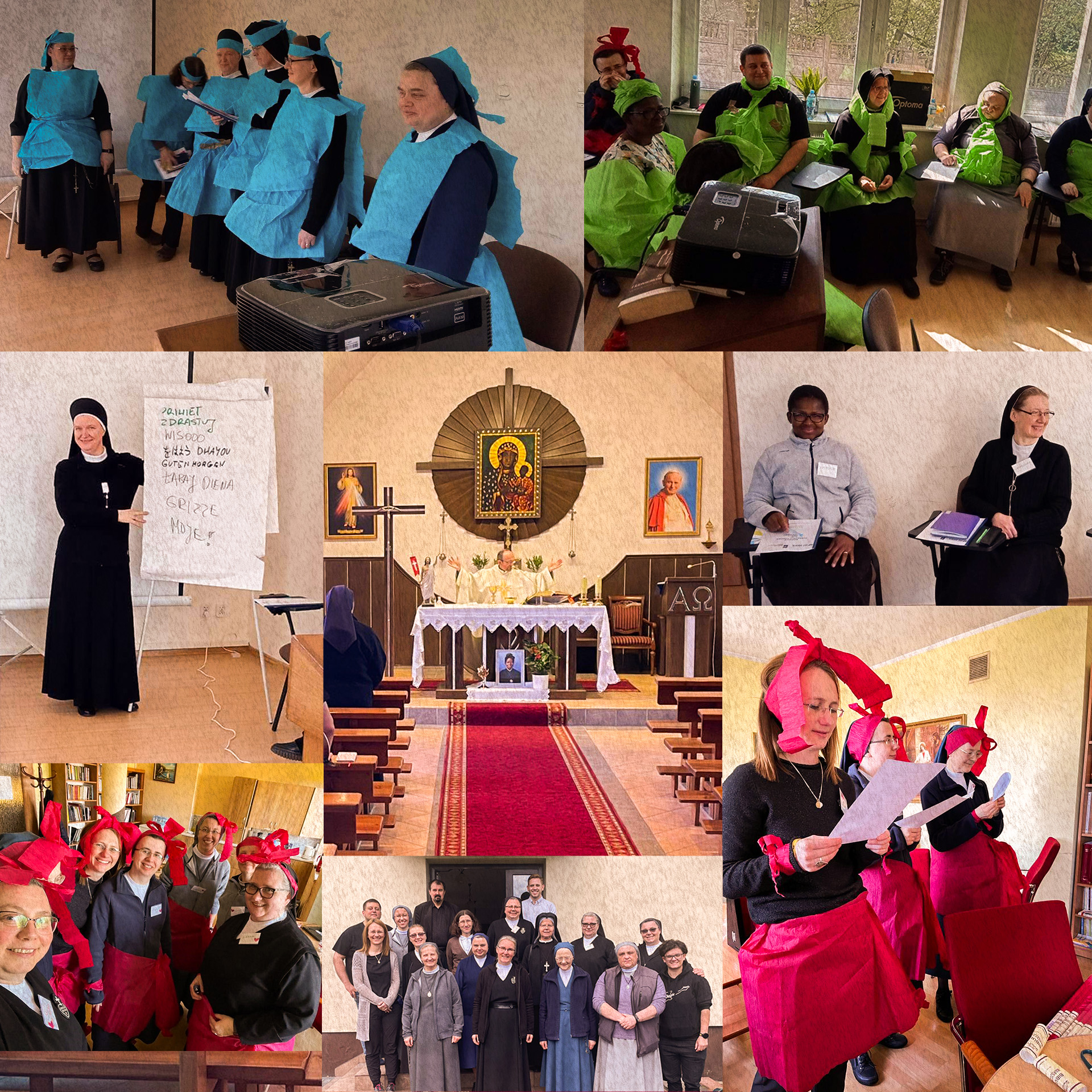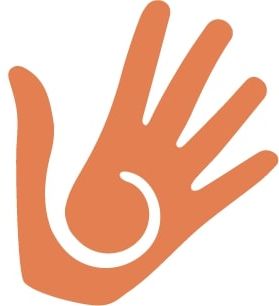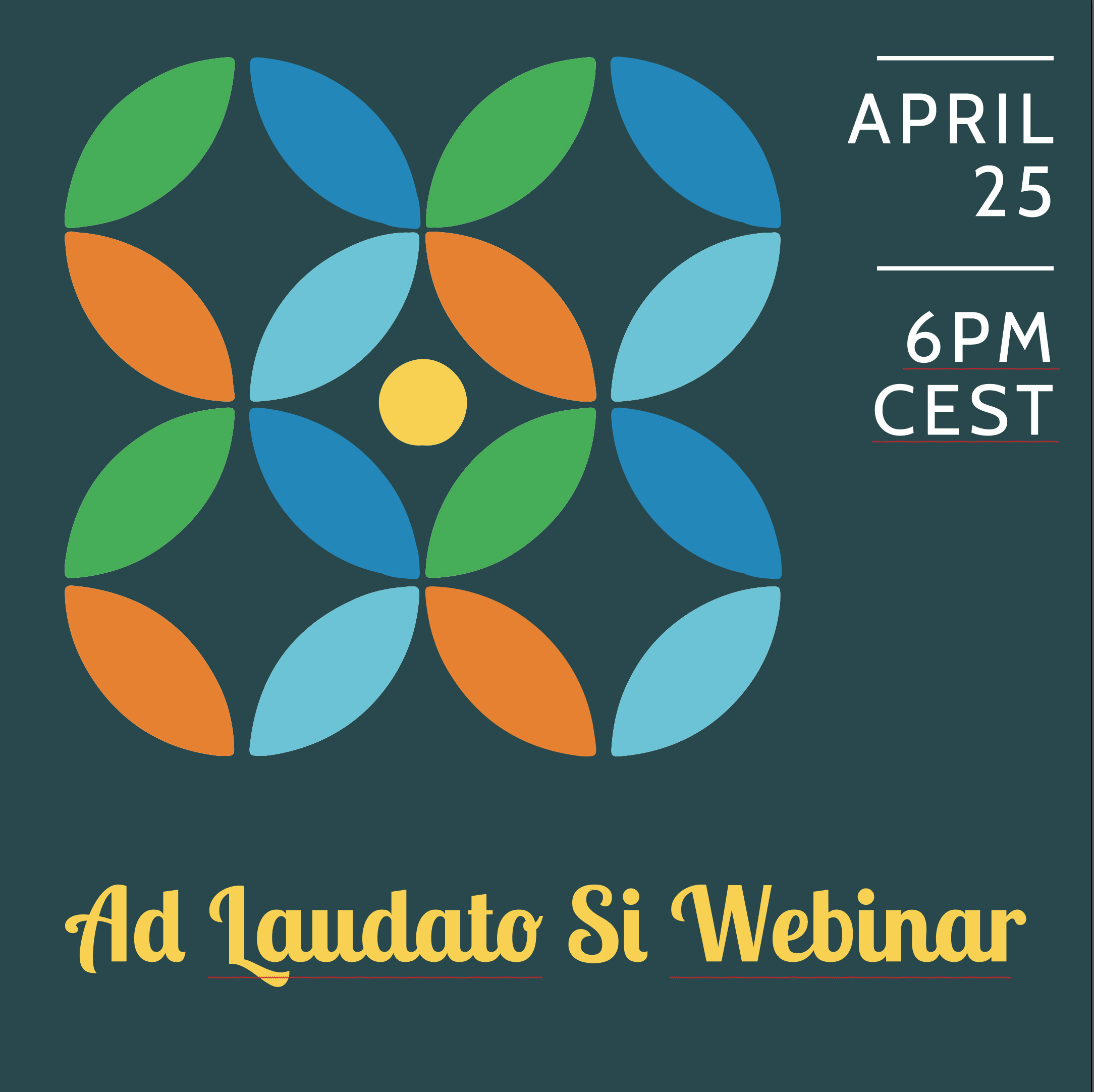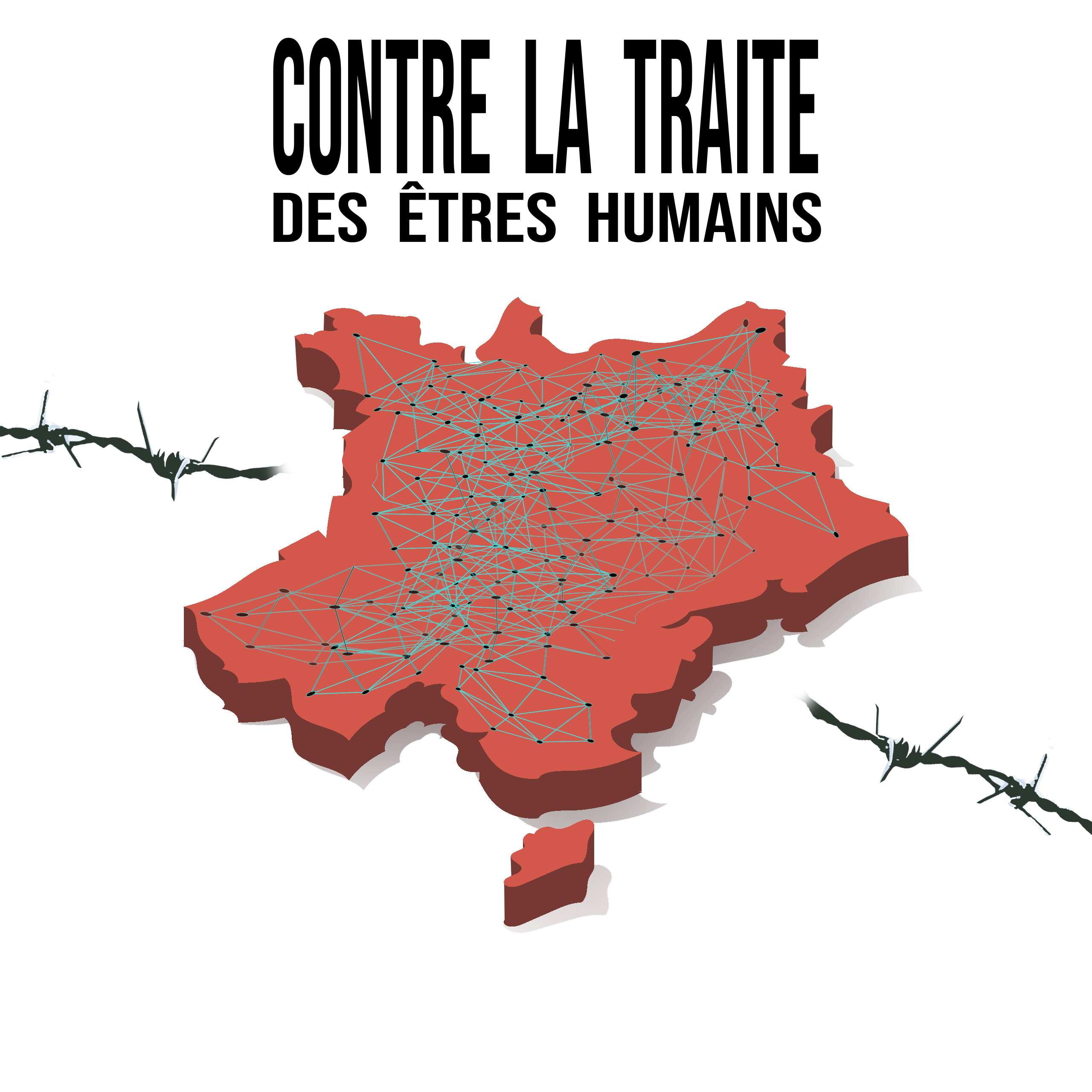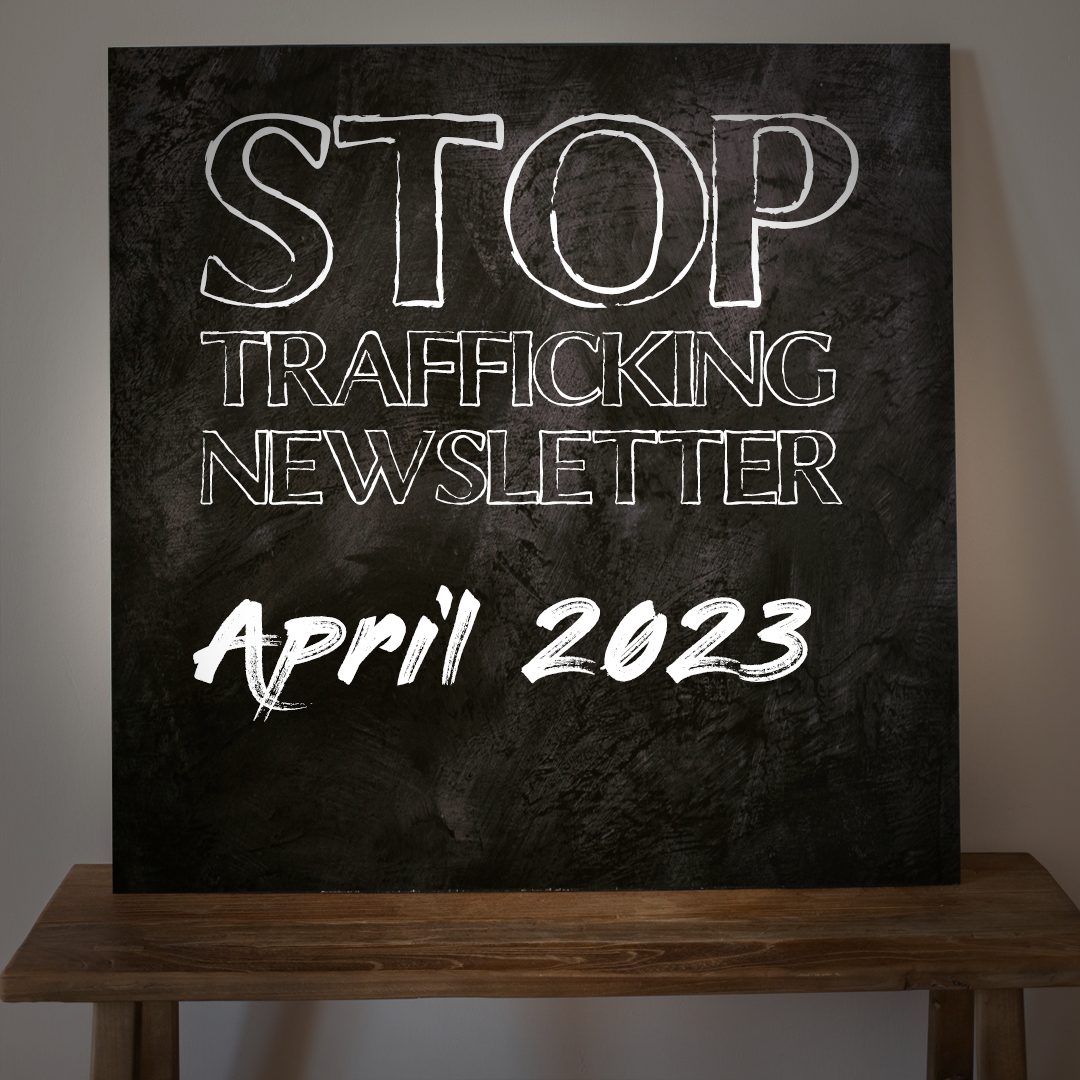Over the past years, Albania has been among the most commonly-referred nationalities in the UK when it comes to modern slavery.
In the fourth quarter of 2022, from the total of 4,418 potential victims of modern slavery referred to the Home Office, the most common nationality was Albanian, which accounted for 27% (1,181) of all potential victims (compared to 28% in the quarter 3 2022). Matching the proportion of the previous quarters, the number of Albanian nationals reached its highest figure since the NRM began.
Alongside these alarming numbers, more than 200 children are missing from government-approved accommodation, most of them Albanian. This situation not only exposes the missing children to various vulnerability factors but also makes them vulnerable to being exploited in the county lines in the UK
But why so many Albanian victims?
Even if geographically positioned at the heart of Europe, Albania has been a source, transit, and destination country for human trafficking for decades. The main push factors contributing to the trafficking of Albanians are poverty, oppression, lack of human rights, lack of social or economic opportunity, political instability and other related factors. Pull factors include false promises of job opportunities, romantic relationships, luxurious lifestyles, or better living conditions.
The recent Joint communique between UK & Albania, especially point 3.3 says that “in line with and in order to maximise implementation of the UK-Albanian readmissions agreement, will increase returns to Albania including those over the age of 18, who, have been identified by UK competent authorities as victims of modern slavery (as defined in the UK legislation) and as victims of human trafficking (as defined in the Albanian legislation)”. NGOs in Albania would be faced with extreme challenges to provide support to new beneficiaries, while the lack of public social protection remains an ongoing challenge to support long-term reintegration efforts.
We have to ask why people are running from Albania and what is going on that remains hidden.
The majority of Albanians are denied their human rights to a decent work and living wage, humane housing, clean water, adequate education and infrastructure. The generational trauma and the desperate feelings accruing from generations of Albanians experiencing physical and psychological abuse at the hands of other nations over 550 years and within the country in recent years, such as communism until the 90s, a national bankruptcy which led to a civil war in 1997, a 6.4 magnitude earthquake in 2019, a global pandemic and an ongoing war in the nearby borders have aggravated the vulnerability of Albanians and their need to escape and seek for a better life elsewhere.
Better cooperation between Albania and the UK, alongside more ethical media reporting processes and anti-racist statements, has the potential to result in more helpful responses in addressing the current narrative.

.png)





